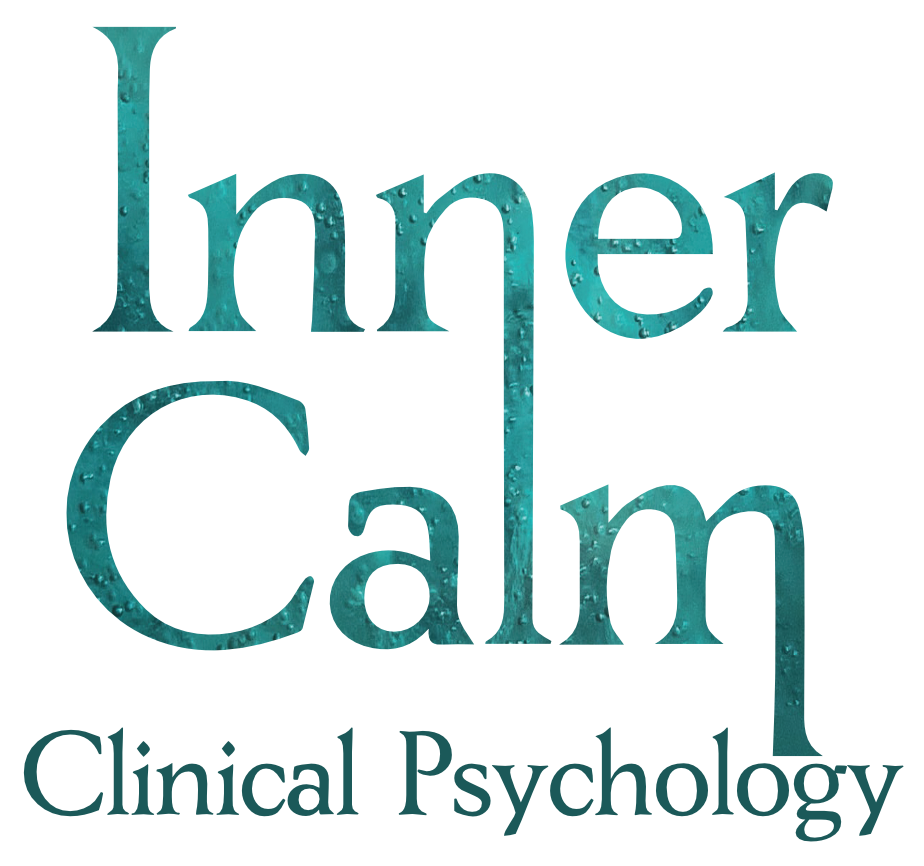by Sam Hillview-Close*
You know the feeling. The alarm hits different on a Monday. Your heart beats faster, your to-do list looks longer, and your coffee somehow tastes more like panic than pep. For decades, we’ve joked about the Monday blues. But it turns out, there’s more than just mood behind it, there’s biology.
A research study led by Professor Tarani Chandola from the Department of Sociology at the University of Hong Kong (HKU) has confirmed what many of us have suspected - Monday stress doesn’t just feel real. It leaves a biochemical footprint.
And weirdly, your hair might be keeping the receipts.
The Science of Dread - Cortisol in Your Hair
Researchers tracked thousands of older adults over time and found something strange. People who reported dreading Mondays also had significantly higher levels of cortisol (the body’s main stress hormone) stored in their hair. This wasn’t a short-term spike. It was a chronic buildup that suggested their bodies were anticipating stress every week, on a loop.
Even more interesting? This applied even to retirees. That’s right, people who no longer had a 9-to-5 grind still showed physical signs of Monday-related stress. Which suggests that our stress isn’t just about work - it’s about the way society has structured time.
And it might be impacting more than just your mood.
Monday Stress and Your Heart
The study also sheds light on something that’s long puzzled health experts - why heart attacks are more likely to happen on Mondays.
Turns out, a sudden jump in cortisol, especially when paired with underlying anxiety or sleep disruption, can increase cardiovascular risk. Which means your calendar might literally be putting pressure on your heart.
But before you start Googling remote islands without calendars, take a breath. This isn’t all bad news. It’s a chance to understand your body better, and take back control of your mental wellbeing.
So, What Can You Do?
Here are some small, evidence-based steps to help reduce the Monday spike and start your week with more calm than cortisol:
- Reclaim Sunday nights. Many people experience “anticipatory anxiety” on Sundays, which fuels the Monday cortisol surge. Create a soothing Sunday ritual, something that signals safety and predictability to your nervous system.
- Reframe Mondays as a soft start. If possible, keep your schedule light for the first few hours. Avoid scheduling emotionally demanding meetings or tasks right at 9am. Your brain, and heart, will thank you.
- Make time for micro-resets. A short walk, breathwork, or even a warm shower can lower stress hormones. These are the small, repeatable habits that reset your stress response over time.
- Talk to someone who gets it. If you feel like you’re living with a low-level dread that’s seeping into other parts of your life, speaking with a psychologist can help. There may be deeper factors at play such as chronic anxiety, burnout, or even trauma, that are magnifying the weekly stress cycle.
- Change the narrative. If your internal monologue on Monday sounds like, "Here we go again," try gently shifting it. Even a small tweak like “This is just a transition day” or “I’m easing into the week”, can lower your threat perception.
It’s Not Just You (and You’re Not Overreacting)
Here’s the key takeaway - if Mondays feel hard, it’s not a sign you’re weak, disorganised, or bad at adulting. It’s a sign your body has learned to brace itself for something, and that learning can be unlearned.
Through lifestyle changes and therapeutic support, it’s absolutely possible to rewire those patterns. Your cortisol levels aren’t destiny. They’re a signal. And signals can be responded to with care, not just caffeine.
Kindness Over Busyness
Our culture likes to glorify busy. We wear burnout like a badge. But your nervous system wasn’t designed to start every week in panic mode. You deserve a rhythm of life that feels manageable, not punishing.
So next time Monday rolls around and your stomach drops, remember - it’s not all in your head. But it’s also not forever. You can write a new story for your week. One that starts with kindness, not cortisol.
* Sam Hillview-Close is a former business executive, public health administrator, Board member, writer and blogger. Sam is also a proud neurodivergent individual.
| If this blog resonates with you and you want to talk to someone, feel welcome to contact us at Inner Calm Clinical Psychology. Remember you don't have to face it alone. When you're ready, we're here to help. |

